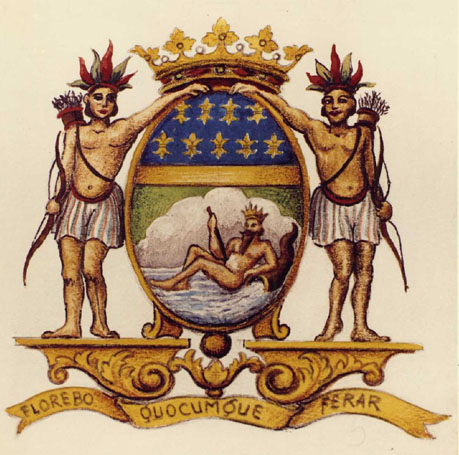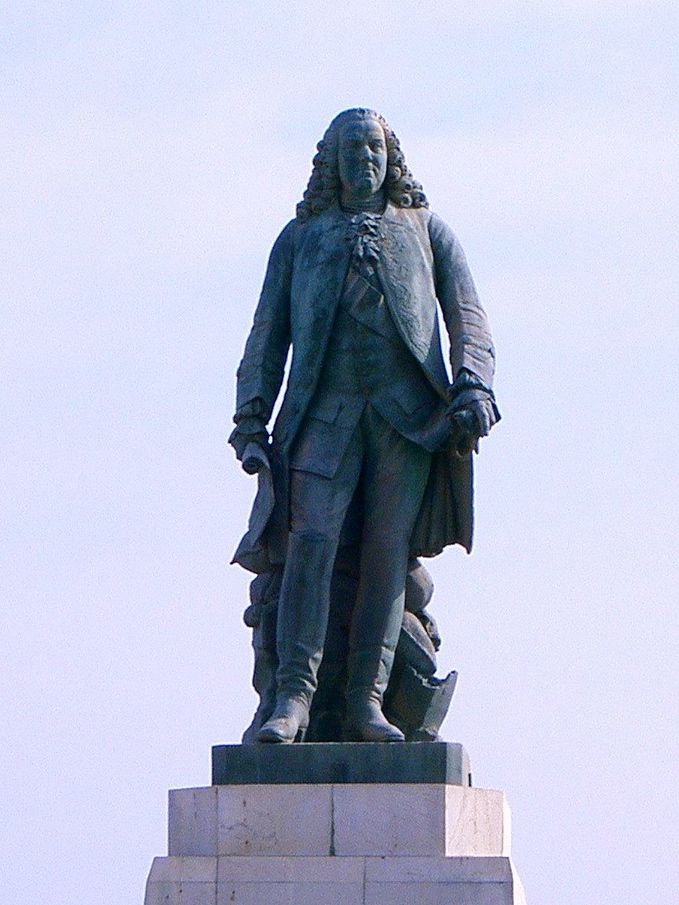|
Compagnie Des Indes (other)
Compagnie des Indes () may refer to several French chartered companies involved in long-distance trading: * First French East Indies Company, in existence from 1604 to 1614 * French West India Company, active in the Western Hemisphere from 1664 to 1674 * Louis XIV's East India Company also established in 1664, merged into Law's Company in 1719 * John Law's Company, established in 1717 as ''Compagnie d'Occident'' and rebranded as ''Compagnie des Indes'' in 1719, placed into government receivership in April 1721 * French Indies Company, created in 1723 from the reorganization of the non-monetary operations of Law's Company, liquidated in 1770 * Compagnie de Calonne, established in 1785 and liquidated in 1794 See also * Compagnie de Chine (other), Compagnie de Chine * List of French colonial trading companies {{disambiguation ... [...More Info...] [...Related Items...] OR: [Wikipedia] [Google] [Baidu] |
First French East Indies Company
The first French East Indies Company (), sometimes referred to as the Company de Dieppe or Compagnie Le Roy et Godefroy, was the first of several attempts by the Kingdom of France to charter a trading company to compete with the English East India Company (est. 1600) and Dutch East India Company (est. 1602). It was in existence between 1604 and 1615, when it was replaced by a successor venture, the Company of the Moluccas (). None of these endeavors proved durably impactful. Compagnie Le Roy et Godefroy In June 1604, King Henry IV of France authorized the establishment of the ''Compagnie française des Indes Orientales'', granting the new firm a 15-year monopoly on French trade with the East Indies. Intended at one point to be based in Brest, the company was entrusted to traders from Dieppe assisted by a Flemish captain, Gérard Le Roy, and a financier, Antoine Godefroy, treasurer of France in Limoges. The company did not succeed in undertaking the intended commercial activity, ... [...More Info...] [...Related Items...] OR: [Wikipedia] [Google] [Baidu] |
French West India Company
The French West India Company () was a trading company of the Kingdom of France founded in May 1664 and eventually closed in late 1674. The brainchild of King Louis XIV's First Minister Jean-Baptiste Colbert, the company was part of an ambitious strategy to compete with the colonial ventures of the Dutch Republic on a global stage, but did not survive the turmoil associated with the Franco-Dutch War in the early 1670s. In Africa, it was succeeded by the Compagnie du Sénégal, and by private traders' operations in America. Inception On the ''Conseil du Roi'' created the West India Company and gave it a monopoly on commercial exchanges between France and "... all lands of our obedience in North and South America and the islands of America" as well as in French trading posts on the coast of Africa from Cape Verde to the Cape of Good Hope. Itw as primarily intended to reclaim the profits and geopolitical advantages of long-distance trade for France, as well as developing the mari ... [...More Info...] [...Related Items...] OR: [Wikipedia] [Google] [Baidu] |
Louis XIV's East India Company
Louis XIV's East India Company () was a joint-stock company founded in the Kingdom of France in August 1664 to engage in trade in India and other Asian lands, complementing the French West India Company () created three months before. It was one of several successive enterprises with similar names, a sequence started with Henry IV's first French East Indies Company in 1604 and continued with Cardinal Richelieu's Compagnie d'Orient in 1642. Planned by Jean-Baptiste Colbert to compete with the English East India Company and Dutch East India Company, it was chartered by King Louis XIV for the purpose of trading in the Eastern Hemisphere. Louis XIV's company became insolvent and was reorganized in 1685, and was again bankrupt in 1706. In 1719, what remained of it was acquired by John Law's Company, which in 1723 became the French Indies Company active during much of the 18th century. Background The seventeenth century saw several French efforts to trade with the East Indies ... [...More Info...] [...Related Items...] OR: [Wikipedia] [Google] [Baidu] |
John Law's Company
John Law's Company, founded in 1717 by Scottish economist and financier John Law, was a joint-stock company that occupies a unique place in French and European monetary history, as it was for a brief moment granted the entire revenue-raising capacity of the French state. It also absorbed all previous French chartered colonial companies, even though under Law's leadership its overseas operations remained secondary to its domestic financial activity. In February 1720, the company acquired John Law's Bank, which had been France's first central bank. The experiment was short-lived, and after a stock market collapse of the company's shares in the second half of 1720, the company was placed under government receivership in April 1721. It emerged from that process in 1723 as the French Indies Company, focused on what had been the overseas operations of Law's Company. Name Law's Company was formally known, first, as the ''Compagnie d'Occident'' () from August 1717 to May 1719, then ... [...More Info...] [...Related Items...] OR: [Wikipedia] [Google] [Baidu] |
French Indies Company
The French Indies Company () was the main French overseas trading company during most of Louis XV's long reign in the 18th century. It emerged in March 1723 from the reorganization of John Law's Company following the termination of John Law's giant monetary experiment which the company had channelled. As a delayed consequence of the Seven Years' War, the company's privilege was eventually withdrawn in 1769, and the company was liquidated the next year. Overview While born from John Law's Company, the Indies Company kept none of the former's monetary and fiscal role in mainland France. In June-July 1725, a series of royal edicts cleared it of any residual liability for Law's System and confirmed its overseas trading and colonial privileges, except for the Atlantic slave trade towards Saint-Domingue. The company developed dynamically, particularly after 1731, thanks to the initiative of comptroller-general Philibert Orry who streamlined its ownership structure, governance ... [...More Info...] [...Related Items...] OR: [Wikipedia] [Google] [Baidu] |
Compagnie De Calonne
The Compagnie de Calonne was the last iteration of the ''Compagnie des Indes'', a series of French state-sponsored ventures to compete with the British East India Company and Dutch East India Company. It was established in 1785 at the initiative of Charles Alexandre de Calonne, and eventually liquidated in 1794 in the turmoil of the French Revolution. Overview Following the liquidation of the French Indies Company in 1770, a new company was reconstituted in 1785, and issued 40,000 shares of stock, priced at 1,000 livres apiece. It was given monopoly on all trade with countries beyond the Cape of Good Hope for an agreed period of seven years. Unlike the previous iterations of the French Indies Company, the new venture did not hold civil or military power in its overseas outposts, nor did it fully control the port infrastructure at Lorient which by then belonged to the French Navy. Even so, it had a promising start, but that was cut short by the French Revolution. On 3 April 1 ... [...More Info...] [...Related Items...] OR: [Wikipedia] [Google] [Baidu] |
Compagnie De Chine (other)
{{disambiguation ...
Compagnie de Chine or Compagnie de la Chine may refer to two French ventures in the early modern period: * Compagnie de Chine (1660-1664), a failed religious endeavor * Compagnie de la Chine (1698-1719), a commercial enterprise See also * Compagnie des Indes * List of French colonial trading companies This is a list of French colonial trading companies established under a royal charter to conduct trade between France and its colonies. Although more limited trading companies were established in the 16th century, they expanded greatly in the 17th ... [...More Info...] [...Related Items...] OR: [Wikipedia] [Google] [Baidu] |

